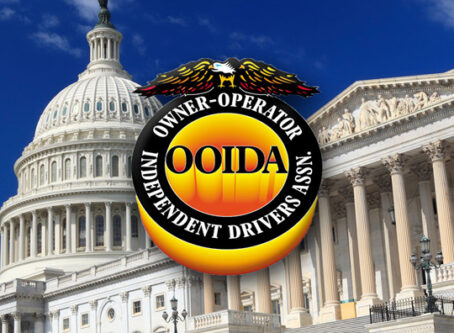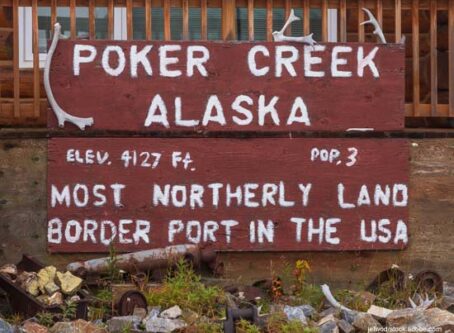Michigan House approves reciprocity with Wisconsin for certain loads
A bill package halfway through the Michigan Legislature would provide reciprocity for timber haulers in the Upper Peninsula.
House lawmakers voted 101-1 to advance each of the three pieces of legislation to make the change. The bills have moved to the Senate.
The first bill, HB4978, would exempt timber haulers who must cross the state’s border into Wisconsin from the International Fuel Tax Agreement.
The second bill, HB4977, would allow the Michigan Department of Treasury to set fuel tax reciprocity agreements with other states. Specifically, the agency would allow the transport of raw forest products within 30 miles of the border.
Affected loads would include logs, posts, poles, wood chips, sawdust and Christmas trees not altered by a manufacturing process off the land.
Rep. Gregory Markkanen, R-Hancock, has told legislators that while the state of Wisconsin is the focus, the agreement also would apply to other states.
He adds that Wisconsin, Iowa and Minnesota already have fuel tax reciprocity agreements for timber loads.
One more bill, HB4976, would exempt affected interstate carriers from the collection of streamlined sales and use tax under fuel tax reciprocity agreements.
A fiscal impact statement attached to the legislation shows that as of spring 2018 there were 3,335 trucks with Michigan log-truck registrations. Most of the affected trucks do not travel interstate or engage in cross-border commerce.
HB4976 and HB4978 are tie-barred to HB4977. The distinction requires the passage of all three bills for changes to be implemented.
‘Common-sense’ change
Markkanen says the agreements would reduce paperwork for both log haulers and state employees that has little value for each. Additionally, the change is estimated to be revenue-neutral on the state budget and transportation funding because fuel tax will still apply to fuel purchased in Michigan.
“We should be cutting red tape for people who are trying to make a living in our state and our region – not doubling down on it,” Markkanen said in a news release. “This industry is a major economic driver for the U.P., and this is a practical, commonsense update to our laws.”
The bills await further consideration in the Senate Transportation and Infrastructure Committee. LL
More Land Line coverage of news from Michigan.









